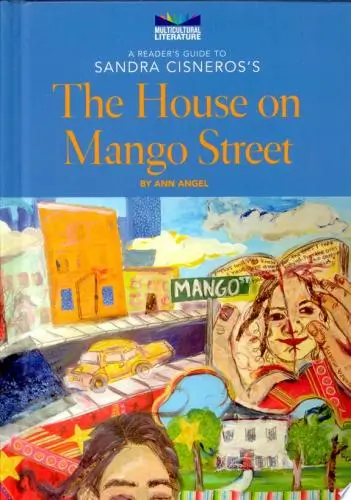A Reader's Guide to Sandra Cisneros’s The House on Mango Street
What's it about?
A Reader’s Guide to Sandra Cisneros’s The House on Mango Street by Ann Angel offers you valuable insights into the themes, characters, and cultural context of this iconic novel. You will discover unique perspectives on identity, community, and the immigrant experience through Cisneros’s vignettes. The guide provides analysis and discussion questions that encourage deeper reflection on gender roles and personal aspirations, helping you connect with the characters' struggles and triumphs in a relatable way. This resource will enhance your reading experience and understanding of the text.
About the Author
Ann Angel is an accomplished author known for her insightful biographies, particularly focusing on influential figures in music and arts. Her writing style is characterized by thorough research and a deep empathy for her subjects. Notable works include "Janis Joplin: Rise Up Singing," exploring themes of identity and creative expression.
5 Key Ideas of A Reader's Guide to Sandra Cisneros’s The House on Mango Street
Finding Your Unique Voice
Embrace your individuality and express it proudly because your unique story deserves to be heard.
Think about Esperanza's journey in 'The House on Mango Street'—her experiences shape her voice, one that is distinctly her own in a world trying to silence it. Her realization that her voice holds power is transformative.
- Builds self-confidence: Discovering your unique voice boosts your self-esteem, reflecting the book's theme of self-discovery and pride.
- Breaks societal molds: Esperanza challenges stereotypes, proving that finding one’s unique voice can defy expectations.
- Encourages self-expression: Embracing who you are allows for authentic expression, essential in a world that often suppresses individuality.
Spend 10 minutes each day writing down your thoughts in a journal, focusing on how you see things differently from others.
Avoid conforming to societal expectations based on fear—remember, true fulfillment comes from authenticity, not conformity.
The Power of Community
Nurturing your community can offer a support system that enriches your personal growth and resilience.
Esperanza learns from her neighborhood, the strong and complex tapestry of characters weaving her understanding of community. Each story makes her stronger and richer in spirit.
- Builds support networks: Just like in Esperanza’s world, our communities offer support in times of need.
- Cultivates empathy and understanding: Witnessing different perspectives broadens horizons, echoing the importance of community diversity.
- Fosters personal growth: By engaging with a variety of people, you develop resilience and openness, as Esperanza does.
Reach out to a neighbor or community member you haven't connected with before and learn about their story.
Don't underestimate the strength of a community; assuming independence without community support can lead to unnecessary isolation and struggle.
Dream Big, Start Small
Having distant dreams is essential, but small daily actions are the stepping stones to achieving them.
Esperanza’s dreams extend beyond Mango Street, but it’s her small daily observations and writings that set her journey in motion. Her diary acts as a boat taking her to her future self.
- Encourages incremental progress: Just as Esperanza takes small steps in building her identity, consistent effort leads to big results.
- Reduces overwhelm: Large goals can be intimidating, but focusing on small tasks makes them achievable.
- Provides clarity and direction: Breaking down big dreams into smaller parts gives a clear roadmap.
Define one long-term goal and list three small actions you can take this week to move closer to achieving it.
Avoid becoming paralyzed by the enormity of your dreams; instead of focusing on how far away they seem, concentrate on the next small step forward.
Deeper knowledge. Personal growth. Unlocked.
Unlock this book's key ideas and 15M+ more. Learn with quick, impactful summaries.
Read Full SummarySign up and read for free!
A Reader's Guide to Sandra Cisneros’s The House on Mango Street Summary: Common Questions
"I am a barrio girl, and I belong to the street." This powerful line encapsulates the essence of Sandra Cisneros's narrative in The House on Mango Street. Ann Angel's guide expertly navigates the themes of identity, culture, and the struggles of growing up in a predominantly Latino neighborhood. Angel's analysis of Cisneros’s semi-autobiographical storytelling is both insightful and enriching, shedding light on the recurring motifs of gender dynamics and place that define Esperanza's journey.
What particularly hooked me was how Angel breaks down the vignettes—each a vivid snapshot of life on Mango Street. Her interpretation of characters like Mama and Azelia added layers to my understanding of their relationships and the societal expectations they grapple with. However, some sections, especially those delving into the symbolism of the house itself, left me pondering their deeper meanings, prompting a desire to revisit certain passages.
Overall, Angel's guide is a profound companion to Cisneros’s work. It not only deepens your understanding of the text but also resonates with the struggles depicted in other coming-of-age novels like The Glass Castle by Jeannette Walls. I highly recommend picking this up whether you're a long-time fan of Cisneros or discovering her work for the first time; it will enrich your reading experience significantly.
Experience Personalized Book Summaries, Today!
Discover a new way to gain knowledge, and save time.
Sign up for our 7-day trial now.
No Credit Card Needed

Similar Books

The White Night of St. Petersburg
Michel (Prince of Greece)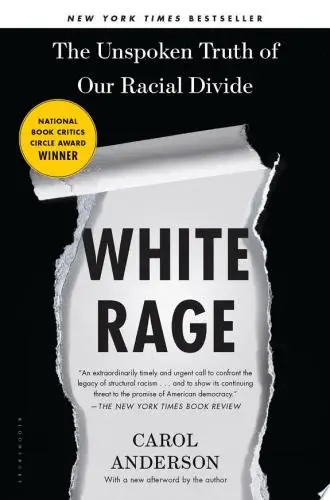
White Rage
Carol Anderson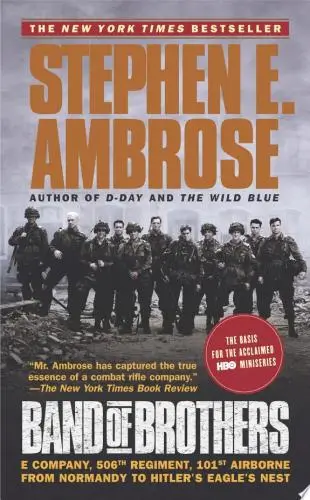
Band of Brothers
Stephen E. Ambrose
Defining Sexism
Elizabeth Hall Magill
Class Matters
The New York Times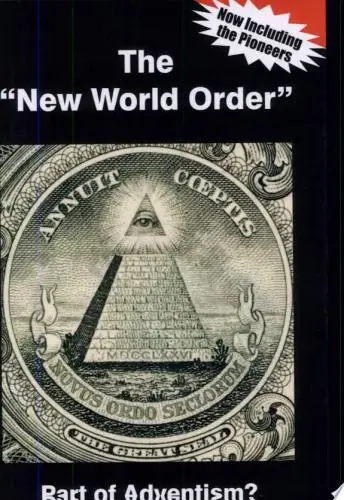
The New World Order
Allen Roesch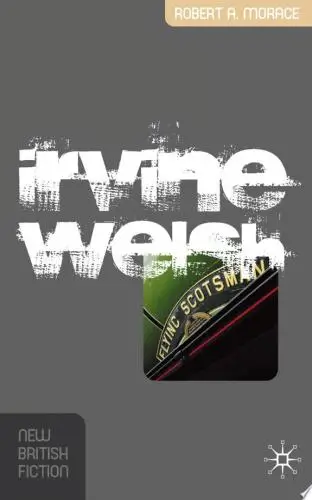
Irvine Welsh
Robert Morace
To Kill a Mockingbird
Harper Lee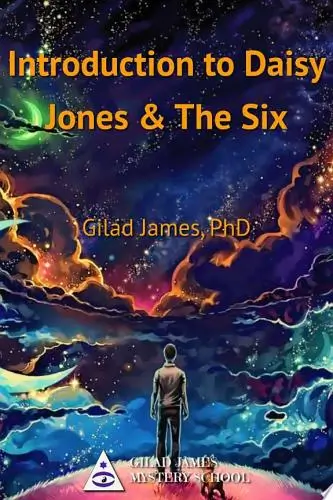
Introduction to Daisy Jones & The Six
Gilad James, PhD
The Papers of Martin Luther King, Jr., Volume I
Martin Luther KingTrending Summaries

Peak
Anders Ericsson
Never Split the Difference
Chris Voss
Smart Brevity
Jim VandeHei
The Psychology of Money
Morgan Housel
The First 90 Days
Michael D. Watkins
Atomic Habits
James Clear
Thinking, Fast and Slow
Daniel Kahneman
The Body Keeps the Score
Bessel van der Kolk M.D.
The Power of Regret
Daniel H. Pink
The Compound Effect
Darren HardyNew Books

Forex Trading QuickStart Guide
Troy Noonan
Comprehensive Casebook of Cognitive Therapy
Frank M. Dattilio
The White Night of St. Petersburg
Michel (Prince of Greece)
Demystifying Climate Models
Andrew Gettelman
The Hobbit
J.R.R. Tolkien
The Decision Book
Mikael Krogerus
The Decision Book: 50 Models for Strategic Thinking
Mikael Krogerus
Fichte
Johann Gottlieb Fichte
Do No Harm
Henry Marsh
